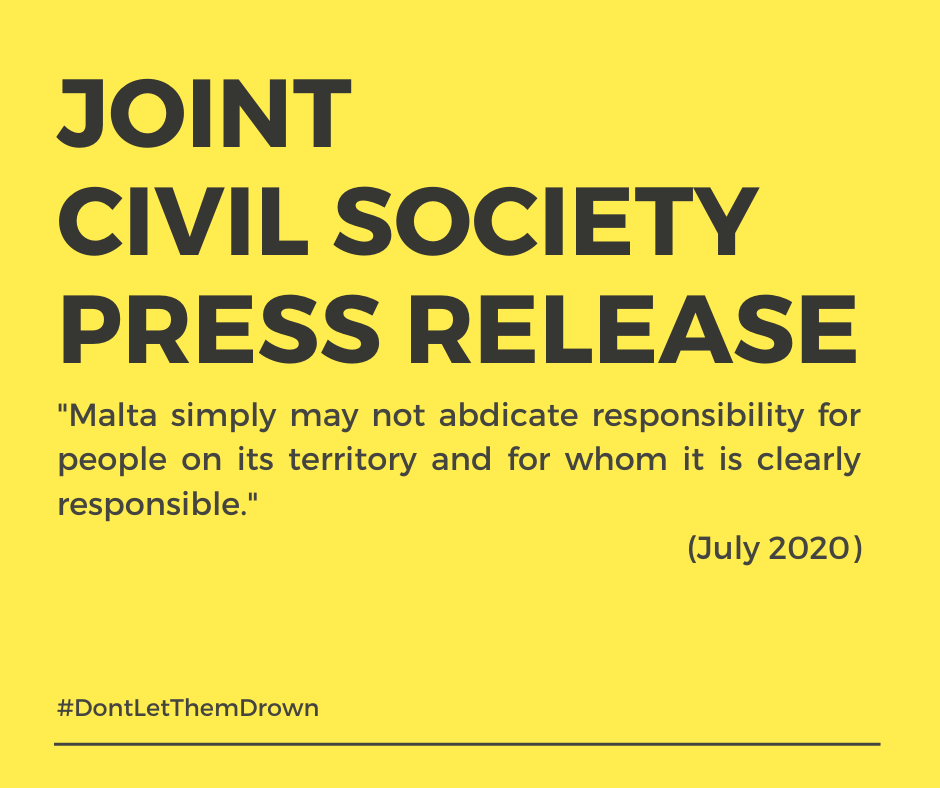.wp-block-kadence-advancedheading.kt-adv-heading_8777ef-b7, .wp-block-kadence-advancedheading.kt-adv-heading_8777ef-b7[data-kb-block="kb-adv-heading_8777ef-b7"]{font-style:normal;text-transform:capitalize;}.wp-block-kadence-advancedheading.kt-adv-heading_8777ef-b7 mark, .wp-block-kadence-advancedheading.kt-adv-heading_8777ef-b7[data-kb-block="kb-adv-heading_8777ef-b7"] mark{font-style:normal;color:#f76a0c;padding-top:0px;padding-right:0px;padding-bottom:0px;padding-left:0px;}
An urgent call to states, donors and other stakeholders to promote and protect the rights of stateless persons in their COVID-19 responses
We joined 83 other human rights NGOs to make this urgent appeal to States, donors and other stakeholders…
As governments across the world confront the COVID-19 pandemic, facing deeply challenging decisions on protecting public health while averting starvation and warding off economic disaster, it is increasingly evident that in times of crisis, states are largely embracing a “citizens first” approach.
Denied nationality and deprived basic rights and welfare, the stateless were already marginalised before the crisis. They now face even greater, life-threatening marginalisation, with potentially disastrous consequences.
We, the undersigned 84 civil society actors, work on the right to nationality, non-discrimination, and statelessness around the world. We have been tracking and responding to the devastating impact of the COVID-19 pandemic and state responses to it, on those whose nationality and belonging is denied or under threat. We have observed that in democratic states, measures including border closures and movement restrictions, health assistance, emergency relief and economic stimulus packages, privilege citizens and their concerns. Migrants, refugees, populations at risk of statelessness and the stateless themselves are left behind.
Continue Reading

